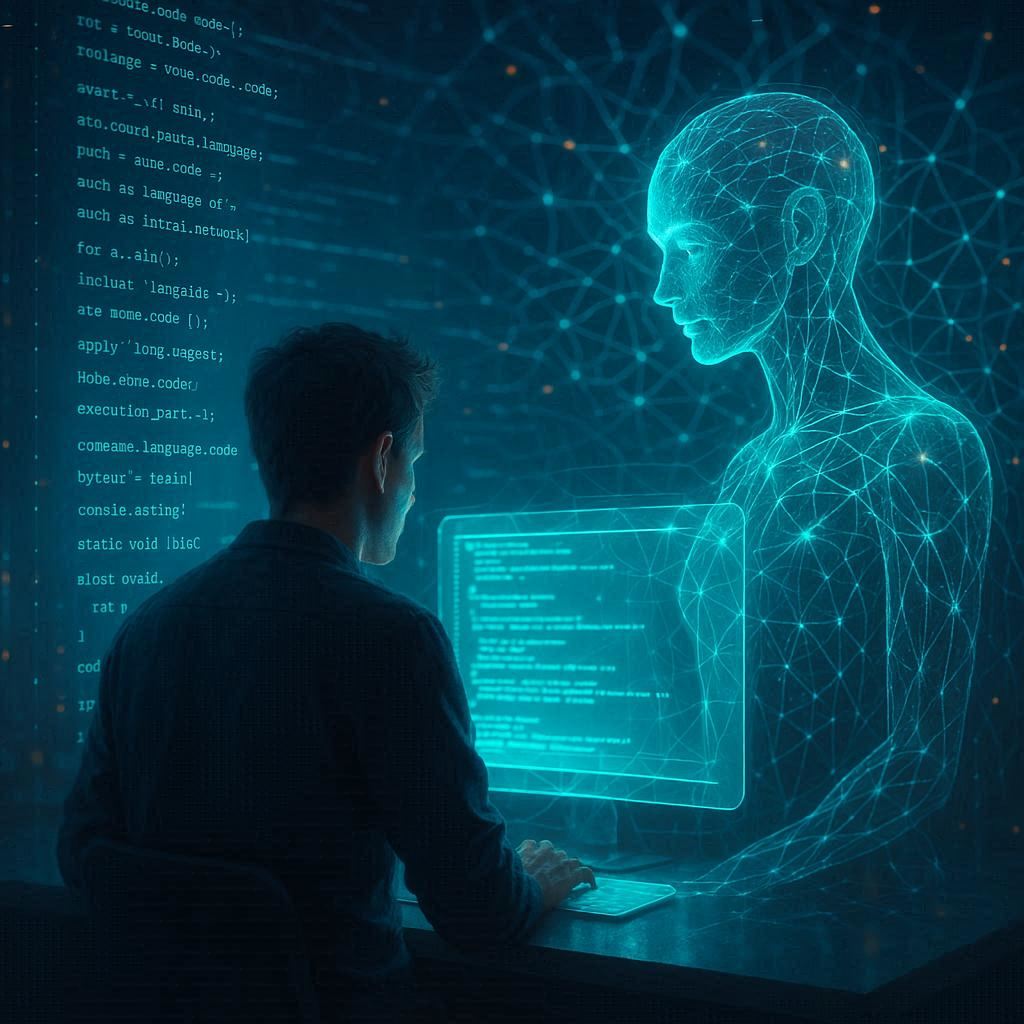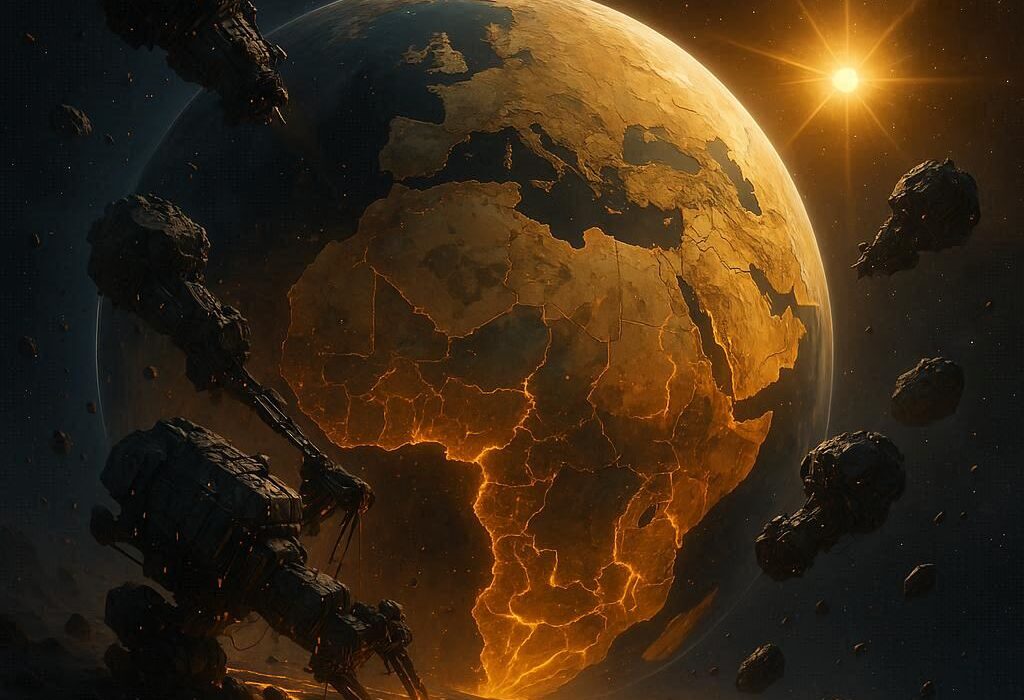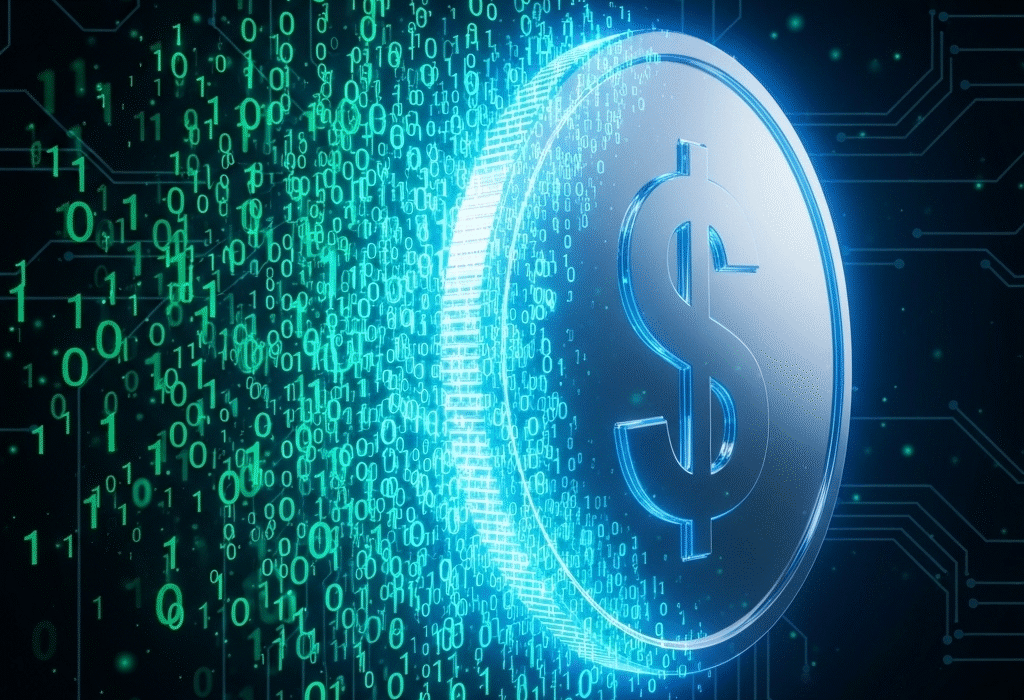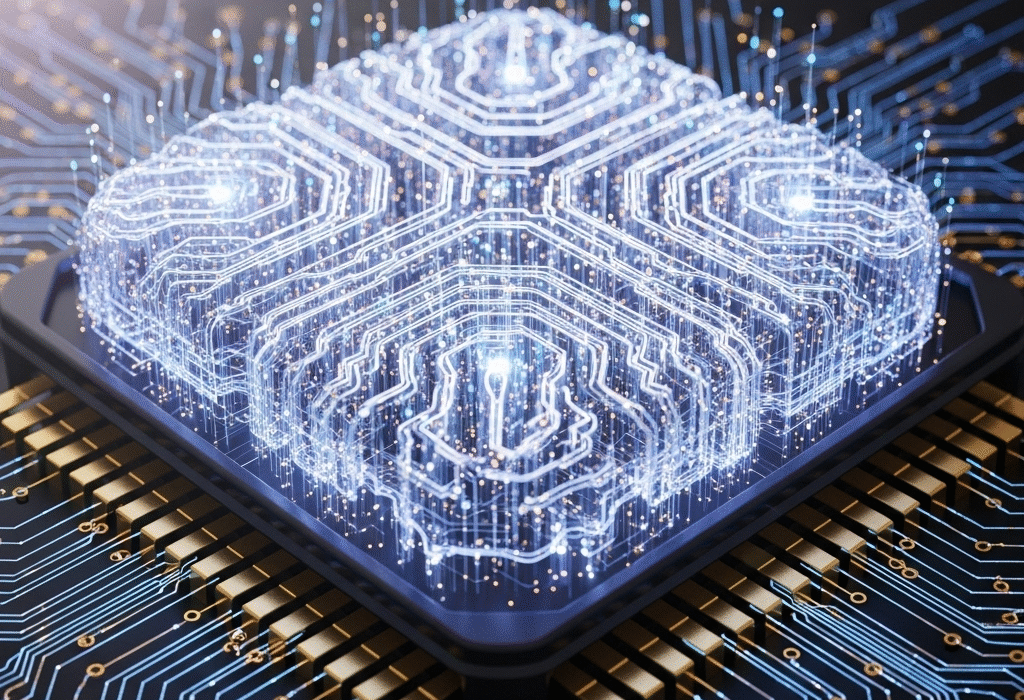Every revolution begins with a whisper. For decades, the field of computer programming has been the backbone of our digital civilization. From the invisible algorithms steering airplanes through turbulent skies to the lines of code animating your favorite mobile app, programmers have been the architects of the modern world. But now, a new revolution is underway—artificial intelligence is stepping onto the stage, not as a tool merely in the hands of programmers, but as a potential collaborator, challenger, and even successor. The question resonates with equal parts excitement and unease: will AI replace programmers, or will it empower them to become something greater—something almost superhuman?
This is not just a question of jobs or industries. It is a question about creativity, intelligence, and the role of humans in shaping technology. To answer it, we must journey through the history of programming, the rise of AI in coding, the limitations of machines, and the boundless potential of collaboration between human ingenuity and artificial precision.
Programming: Humanity’s Language of Machines
Programming is often misunderstood as a mechanical, rigid task of typing symbols into a screen. But at its essence, it is storytelling for machines. Programmers translate human intentions—build a bridge, simulate weather, detect cancer, create art—into the logical sequences that computers can understand. It is the art of expressing possibility through logic.
For decades, programming evolved from punch cards and assembly language into high-level languages like Python, Java, and C++. Each leap was driven by the desire to make computers more accessible, to make machines meet humans halfway. Yet even with these advancements, programming remains a demanding skill, requiring precision, problem-solving, and the capacity to hold vast abstract systems in one’s mind.
Now, AI is being introduced into this equation—not as just another language or tool, but as an intelligent partner capable of writing code itself.
The Rise of AI Coders
In recent years, AI has leaped from theory to practice in astonishing ways. Models like OpenAI’s Codex, GitHub’s Copilot, and Google’s AlphaCode have demonstrated the ability to generate entire functions, suggest code completions, and even solve competitive programming problems. What once took programmers hours can now be done in seconds with an AI assistant at their side.
Imagine a programmer beginning to write a function. As they type, an AI system anticipates their needs, suggesting not just syntax corrections but entire algorithms. With a single keystroke, hundreds of lines of working code appear. What was once a painstaking process becomes a fluid conversation between human and machine.
This is no longer science fiction. Developers around the world are already using AI-powered assistants daily, integrating them seamlessly into their workflows. The promise is clear: faster development, fewer bugs, and the ability to focus on high-level design rather than repetitive details.
But alongside promise comes fear. If AI can write code, what happens to the programmers who once did this work?
The Fear of Replacement
The anxiety is understandable. History is filled with examples of machines replacing human labor. The industrial revolution saw machines supplant weavers, farmers, and artisans. The digital revolution automated tasks from accounting to manufacturing. It is natural to wonder whether programming—once considered the most secure of intellectual professions—could be next.
Some experts argue that AI will inevitably replace many programming jobs, especially those involving repetitive or routine coding. Junior developers who once spent their days writing boilerplate code or debugging simple functions may find those tasks automated. The demand for “grunt work” in programming could diminish, leaving only the most complex or creative tasks to humans.
But the reality is more nuanced. To understand it, we must look at what AI can and cannot do.
What AI Excels At
AI thrives in patterns. Trained on vast oceans of code from public repositories, AI models excel at recognizing similarities, reusing snippets, and suggesting common structures. They are superb at boilerplate code, autocomplete, syntax correction, and generating documentation.
AI also has advantages in scale. It can scan thousands of files for vulnerabilities in seconds, generate dozens of variations of an algorithm, and simulate countless possibilities faster than any human. For repetitive tasks, AI offers speed and accuracy far beyond human capacity.
But AI does not “understand” code in the human sense. It does not grasp the intention behind a project, the trade-offs between competing priorities, or the ethical implications of a system. It predicts likely solutions based on past patterns but lacks true comprehension. And here lies the crux: programming is not just about writing code. It is about solving problems.
The Human Edge
Programmers are more than code machines. They are problem solvers, designers, and creative thinkers. When asked to build a healthcare application, a human programmer thinks not only about data storage and interfaces but also about patient privacy, accessibility, and trust. When designing a new algorithm, a human considers not just efficiency but fairness, adaptability, and resilience.
Humans bring context, empathy, and vision—qualities that cannot be reduced to tokens of data. They understand messy real-world requirements, negotiate between conflicting demands, and imagine systems that have never been built before. AI may generate a thousand lines of functional code, but it is the human who ensures that code serves human needs.
This is where the future points: not toward replacement, but toward augmentation.
Programmers as Superhuman Collaborators
Imagine a future where programmers no longer spend days debugging syntax errors or re-implementing common algorithms. Instead, they operate at a higher level of abstraction, articulating their goals in natural language, sketching designs, and letting AI handle the minutiae of implementation.
This does not make programmers obsolete—it makes them superhuman. With AI as a partner, a single developer can accomplish what once required entire teams. A student with an idea can bring it to life without years of training. Experts can focus on innovation, exploration, and creative leaps, unburdened by repetitive labor.
Already, we see hints of this transformation. Companies are using AI to generate entire APIs, design user interfaces, and even propose architectural solutions. Researchers are employing AI to accelerate scientific simulations, model proteins, and design new materials. The role of the programmer shifts from coder to conductor, orchestrating the collaboration between human intention and machine execution.
Challenges and Risks Along the Way
This optimistic vision is not without its shadows. AI-driven programming introduces serious challenges. Who is responsible when AI-generated code contains vulnerabilities that lead to a security breach? How do we ensure AI is not perpetuating biases from the data it was trained on? Will the ease of code generation lead to a flood of poorly understood software, riddled with hidden flaws?
Moreover, there is a danger of overreliance. If programmers lean too heavily on AI, they may lose touch with the fundamentals of coding. Just as reliance on GPS can erode our sense of direction, reliance on AI assistants could dull the skills needed to truly understand and debug complex systems.
The workforce implications are also real. Certain roles will change, and some may vanish. But history shows that new roles will emerge as well—roles we cannot yet fully imagine. When machines replaced artisans in the industrial age, new fields like engineering and industrial design arose. When computers automated calculation, fields like data science, cybersecurity, and software architecture were born. The same will likely occur with AI and programming.
The Future of Learning Programming
A fascinating question emerges: should future generations even learn to code? If AI can handle the mechanics, perhaps humans should focus on design, ethics, and systems thinking. Some educators argue that programming will shift from “writing code” to “writing intentions,” with natural language and visual tools replacing traditional syntax.
But learning to code will still matter. Understanding programming at its core is not just about writing instructions for machines; it is about learning logic, problem-solving, and computational thinking. Even if AI takes over much of the coding, the ability to understand what the AI produces, to question it, and to refine it will remain invaluable.
Toward Symbiosis, Not Replacement
The story of technology is rarely one of complete replacement. When calculators emerged, mathematicians were not replaced; they became more powerful. When cameras appeared, painting did not die; it transformed into new art forms. When airplanes were invented, walking did not vanish; instead, humanity expanded its horizons.
The likely future of programming is similar. AI will not erase programmers, but it will redefine them. The routine will give way to the creative, the mechanical to the visionary. Programmers will no longer be mere translators between humans and machines; they will become designers of ideas, curators of systems, and guardians of ethics in an age where machines can build machines.
A Philosophical Reflection
At its heart, the question “Will AI replace programmers?” touches something deeper than employment. It touches the meaning of human creativity. If machines can generate symphonies, paint portraits, and write code, what remains uniquely ours?
The answer may be this: it is not the product, but the purpose. Machines can generate infinite lines of code, but only humans can decide why the code matters. AI can optimize an algorithm, but only humans can choose to use it to heal rather than to harm. Our role is not diminished by the presence of machines; it is amplified by the responsibility to guide them wisely.
Conclusion: The Future of Human-AI Programming
So, will AI replace programmers or make them superhuman? The truth lies not in one extreme or the other, but in the balance between them. AI will undoubtedly take over many of the repetitive, mechanical aspects of programming. Some jobs will change or vanish. But in return, AI will unlock possibilities that were once unimaginable, giving programmers new tools, new powers, and new responsibilities.
The programmer of the future will not be a code monkey, nor will they be obsolete. They will be a creator, an orchestrator, and a visionary, harnessing AI not as a rival but as a partner. Together, human and machine will build systems of staggering complexity and elegance, shaping a digital world that reflects the best of both.
In the end, the question is not whether AI will replace us, but whether we will rise to the challenge of becoming something greater with AI by our side. If history is any guide, we will. And in doing so, programmers will not just survive this revolution—they will thrive in it, superhuman at last.






